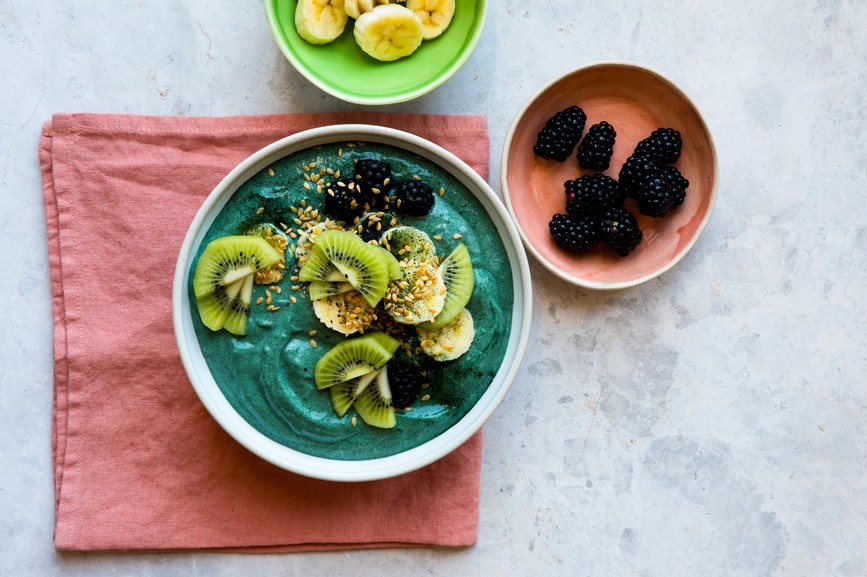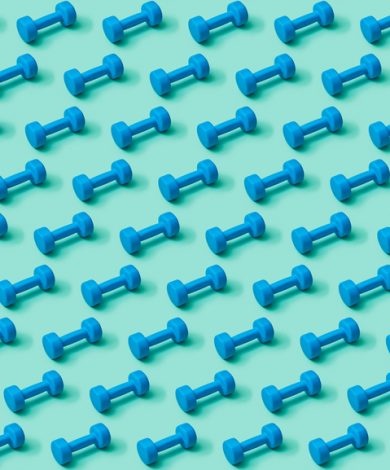When I became a doula, it was important to me to support women in the…
Nutrition
It’s Essential to Prioritize Nutrition Postpartum. Here’s What That Looks Like.
June 14, 2021 • By Esther Ban

After months of anticipation, the baby is finally here and it’s a sacred time for bonding and adjusting to a new lifestyle. While it can come with challenges and adjustments, it’s truly a season that should be focused not just on the baby, but also on restoring and rebuilding the mother’s body.
After a miraculous and arduous work of birth – no matter how – the body will go through a recovery period to heal and adjust to this new life stage. One of the best things a new mother can do for herself is to focus on her nutritional needs. This is the first of a mother’s lifelong practice of putting on the “oxygen mask first”.
I remember my mother telling me, “The baby will certainly not go hungry or have a lack of attention right now, so go take care of myself – and nap when the baby is napping.” I know not everyone has the fortunate circumstance of having their mother or close family and friends nearby, but her words were wise nonetheless.
Prioritizing your healing body with healthy, nutrient dense foods is what you need to recover optimally and regain the energy and resilience you need to care for your little one.
Here’s why prioritizing mom’s postpartum nutrition is essential.
A woman’s nutritional needs are constantly shifting. Optimal nourishment during postpartum is essential because of rapid changes that the body went through and will continue to go through.
- Rebuilding. While the body will automatically heal and rebalance, it’s important to give it what it needs to do this optimally for complete healing and rebalancing. It also takes time. Recovery from vaginal delivery can be from 6-8 weeks and longer with belly births. In addition to patience, focusing on nourishing yourself will allow you to prepare for the next phases of motherhood.
- Breastfeeding: If you are breastfeeding, it requires a lot of energy! According to the CDC, a breastfeeding mother is encouraged to intake an extra 450-500 calories to meet her needs for milk production. Where those calories come from matter – you want to focus on nutrient dense whole foods as much as possible.
- Mental Health: Proper nutrition can support prevention of postpartum depression due to the gut-brain axis. There is growing research that is pointing to the health of the gut linked to mood and postpartum depression. The majority of neurotransmitters serotonin and dopamine are created in the gut so maintaining a healthy gut microbiome with a variety of fiber rich, organic fruits and vegetables is key. Low levels of certain nutrients such as folate, vitamin D, iron, selenium, zinc and fats have been associated with a higher risk for postpartum depression. These nutrients are essential for serotonin production.
Food As Medicine
Easy to digest meals: Focus on easy to digest warm and cooked foods during the first few weeks of postpartum. Eating soups and stews are a great way for your body to absorb nutrients without creating too much strain on the digestive system. Soups are nourishing and comforting. Plus, the extra fluids from the soup is extremely supportive for breastfeeding,
Hydration: Hydration is always important and if you are lactating, it’s non-negotiable. Breast milk is mostly water so it’s important to increase your water intake for your own proper hydration and for production. You can get additional fluids through bone broth which also has the benefits of collagen, minerals and protein.
Anti-inflammatory foods: Studies show that a reduction of inflammation can help prevent postpartum depression. Foods rich in Omega-3 fatty acids such as salmon, nuts, and seeds provide a lot of anti-inflammatory benefits. Colorful fruits and vegetables also offer a variety of plant compounds that reduce inflammation. Turmeric is famous for its anti-inflammatory properties and a delicious way to consume it is through a comforting cup of golden milk, a folk remedy that originated in India.
Iron-rich foods: Iron is important for baby’s development and thyroid function. If a new mother is breastfeeding, her iron stores are used to meet the baby’s needs. Increasing iron intake is necessary to ensure adequate nutrition for both the mom and baby. Great sources of iron are: grass fed beef, chicken, pumpkin seeds, lentils, seaweed and nut butters. And here’s a bonus tip, by pairing those foods with vitamin C rich foods you can also enhance iron absorption! This iron building smoothie is a great option.
Immune Support foods: Zinc, vitamin A, and vitamin C are critical for immune function. The demand for these nutrients increases during the postpartum period, especially when breastfeeding. Chicken, pumpkin seeds, oats, and almond butter and good sources for Zinc. Vitamin A is found in foods like pumpkin, carrots, eggs, and tomatoes, and vitamin C from bell peppers, oranges, broccoli, and cauliflower.
The reality is that postpartum nutrition begins much earlier than postpartum. It begins before the baby is born. The earlier you get started on prioritizing your nutrition, the stronger foundation you have for the months and years to come.
The list of foods and suggestions might seem overwhelming at first, but start with the foundations.
- Real whole foods vs processed foods.
- Hydration.
- Sleep hygiene so you are maximizing the sleep you are able to get.
Postpartum and motherhood are a wild journey and nourishing yourself fully will make it all the better.
Learn more about foods to favor and avoid postpartum here.
Sources:
https://www.webmd.com/parenting/baby/recovery-vaginal-delivery#1
https://www.thelancet.com/article/S2352-3964(17)30366-3/fulltext



